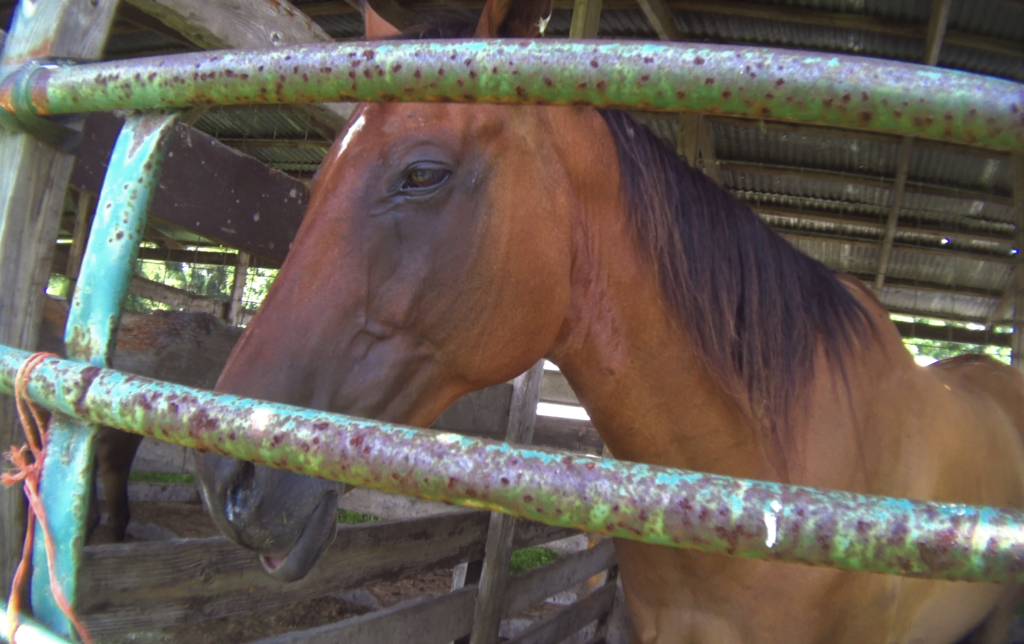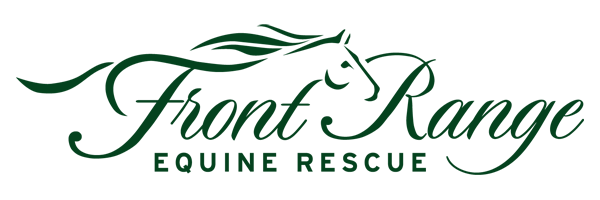On January 29th, the Safeguard American Food Exports (SAFE) Act, H.R. 961, had a hearing in the U.S. House Energy and Commerce Subcommittee on Health. The S.A.F.E. Act was initially introduced by Reps. Jan Schakowsky (D-IL) and Vern Buchanan (R-FL) and continues to increase its number of co-sponsors (over 224 at this time).
In short, the S.A.F.E. Act would ban the transport and sale of America’s horses for human consumption. In effect, it stops horse slaughter not because it bans slaughter itself, but because it would not allow their transport. In other words, it prevents American slaughterhouses from opening because it bans the transport and sale of horses for slaughter; and it would not allow horses to be shipped across our borders.
Front Range Equine Rescue has been a strong leader in the prolonged fight to responsibly end horse slaughter. For this subcommittee hearing, FRER submitted a factual, well-detailed comment paper (24 pages plus exhibits) as part of the subcommittee’s testimony filings.
Read our introductory statement here:
Front Range Equine Rescue (FRER) is a Colorado-based nonprofit group incorporated under Section 501(c)(3) of the Internal Revenue Code. FRER is actively involved in the rescue, rehabilitation, and adoption to good homes of domestic and wild horses found at auctions and destined for slaughter; and in educational efforts regarding the health and safety dangers of horse slaughter. Since 1997, FRER has assisted thousands of horses through its rescue and educational programs.

While some of FRER’s horses are surrendered by their owners or received after being abandoned, many are rescued from livestock auctions; others are purchased at feedlots before they are sent to slaughter. For over a decade, FRER has been involved in an objective, science- and fact-based analysis of all relevant issues surrounding the discussions of horse slaughter in the public discourse. For example, FRER surveyed horse owners, equine-related businesses, and equine veterinarians around the country in order to compile a list of over 112 commonly-used drugs administered to American horses. In connection with this list, FRER obtained sworn statements from many veterinarians and individuals involved in the equine industry, that most of the drugs on the list of drugs were given to the majority of American horses. The indisputable conclusion from FRER’s analysis of drug administration to American horses is that it would be illegal, and threaten human health, to eat the meat of almost every American horse that goes to slaughter, because of the dangers of ingesting their flesh.
In addition to its rescue efforts, and as part of its analysis of all aspects affecting the slaughter of American horses, FRER has engaged in an examination of the laws, legal principles, and specifically the jurisdiction of federal agencies over horse slaughter. As part of that analysis, FRER representatives have been engaged in discussions with both the Food and Drug Administration and the U.S. Department of Agriculture and its Food Safety and Inspection Service. FRER’s work in this area has also included analyses of the environmental dangers of horse slaughter operations, as well as the economic analysis of the viability of horse slaughter operations in America.
Read a brief excerpt from our written testimony here:
Traditional food animals, such as cows, pigs, and chickens, are raised in a controlled, heavily regulated environment, and their owners, handlers, and all involved individuals know that they were born to be turned into meat. In stark contrast to that controlled environment, American horses are raised for a variety of purposes, none of which is to become meat. While producers of traditional food animals comply with food safety rules, owners of horses do not even consider food safety rules. And whereas producers of traditional food animals maintain complete treatment records, as a good husbandry practice and to avoid producing adulterated food, owners of horses do not maintain these records. Therefore, virtually all American horses lack complete treatment records, are held “under conditions that are so inadequate that medicated animals bearing potentially harmful drug residues are likely to enter the food supply,” and are therefore prohibited from being processed into meat, and deemed “adulterated”.
The SAFE Act is the only guarantee that dangerous horse meat, in violation of FDA and FSIS requirements, will not enter the market. FSIS has a Compliance Guide for Residue Prevention, which is intended to detect dangerous residues of commonly used drugs in food animals. The Compliance Guide recognizes that without information regarding the origins of animals sent for food production, federal agencies, slaughterhouses, and the public cannot possibly obtain the information necessary to protect the food supply. These entities and individuals rely heavily on self-regulating, easily identifiable producers who can be monitored and re-evaluated on an ongoing basis. This does not and cannot happen with horses who go to slaughter, because (as explained above, and is undisputed) they come from a constantly revolving set of unknown and effectively unidentifiable individual horse owners who are not involved in commercial production and who almost certainly have no understanding of the drug restrictions for food animals. Nor do these individuals have any reason to believe they should be concerned with the drugs their horses are given. And because these original owners of horses that end up as food are unknown, the agencies cannot accurately evaluate the drugs given to them in order to compile a reasonable list of drugs for which to test. This difference between commercial animals and horses destroys the most important link in the FDA’s ability to monitor the improper administration of drugs to horses used for meat because the FDA has no ability to ascertain the identities of current owners of horses who will become meat in the future.
